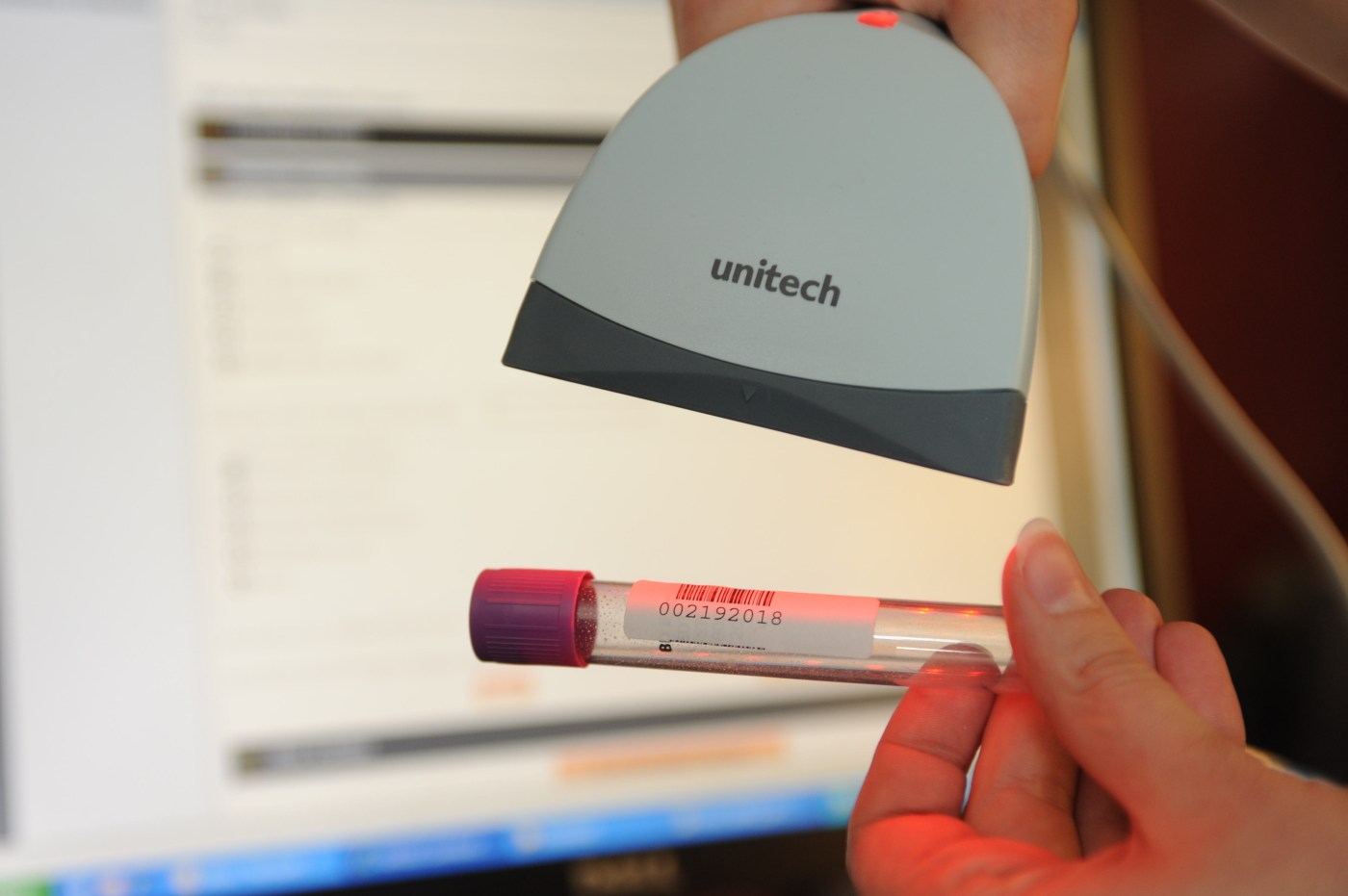The health care we receive today is based on research done in the past. The United States has a strong research infrastructure that works to improve our understanding of health and disease, yet the role and contribution of the VA may not be fully recognized. In particular, the ongoing VA Million Veteran Program (MVP), in collaboration with university affiliates and the Department of Energy, has the potential to improve the health of, and health care for, Veterans and all Americans.
Conducting research to improve health care is not new to VA. For example, the first antibiotic treatment for tuberculosis was developed and tested by VA in the late 1940s, at the same time that British researchers were studying the same drug (streptomycin). Similar efforts eventually led to the development of the VA Cooperative Studies Program in the early 1970s. That program has since completed more than 175 studies evaluating risk factors or treatments for heart disease, cancer, mental health, and many other disorders.
Now, in the 21st century, the science of genomics and the delivery of precision medicine are the new frontier. Genomics can be defined as the study of the structure and function of our genes, and precision medicine can be defined as an approach to health care that takes into account variability in genes, environmental exposures, and lifestyle habits for each person. Together, advances in these fields have the potential to improve the prevention, detection, and treatment of various diseases and disorders. MVP—developed within the existing VA research infrastructure and also a component of the president’s Precision Medicine Initiative—addresses this potential.
As the nation’s largest genomic biobank, MVP has enrolled nearly 500,000 participants as of July 2016 at more than 50 VA sites. Enrollees provide a blood sample for genomic analyses, complete a questionnaire, and consent to have their medical records reviewed. By combining genomic, environmental, and clinical data, researchers who receive permission to use MVP data (in a secure computing environment) can perform cutting-edge studies.
While MVP is conducted by the VA Office of Research and Development, it also benefits from collaboration with outside partners. For example, university affiliates provide very specific expertise that can supplement VA teams conducting MVP research; conversely, most VA researchers are on the faculty at affiliated medical schools. In addition, VA and the Department of Energy (DOE) recently announced a new collaboration to apply powerful computational assets at DOE National Labs to MVP.
In both of these situations, efficiencies and cost-savings are realized by sharing knowledge and resources—benefitting Veterans and all Americans.
The “products” of MVP will accrue over time, with the initial VA-based studies focusing on cardiovascular disease, cancer, and mental health. Plans are ongoing to expand access, both within VA and the Department of Defense, as well as to scientists funded by the National Institutes of Health. In the long run, MVP and similar initiatives have the potential to accelerate our understanding of disease detection, progression, prevention, and treatment. Today’s MVP will help to improve tomorrow’s health care.
This story was originally published on Health.mil.
About the Author: John Concato, M.D., M.S., M.P.H., directs VA’s Clinical Epidemiology Research Center, based at the VA Connecticut Healthcare System, and is a professor of medicine at Yale School of Medicine. Along with Dr. J. Michael Gaziano, he is one of the two principal investigators for MVP.
Topics in this story
More Stories
Daughter and son-in-law find a diary of her father's life as a prisoner of war written on toilet paper.
VA announces positive Veteran satisfaction feedback on telehealth services, including video visits, in the first half of fiscal 2025.
The VA Bay Pines stand down relies on volunteers to connect Veterans facing homelessness with the resources they need.






I amvrequesting information on help fixing home for veterans. In texas.